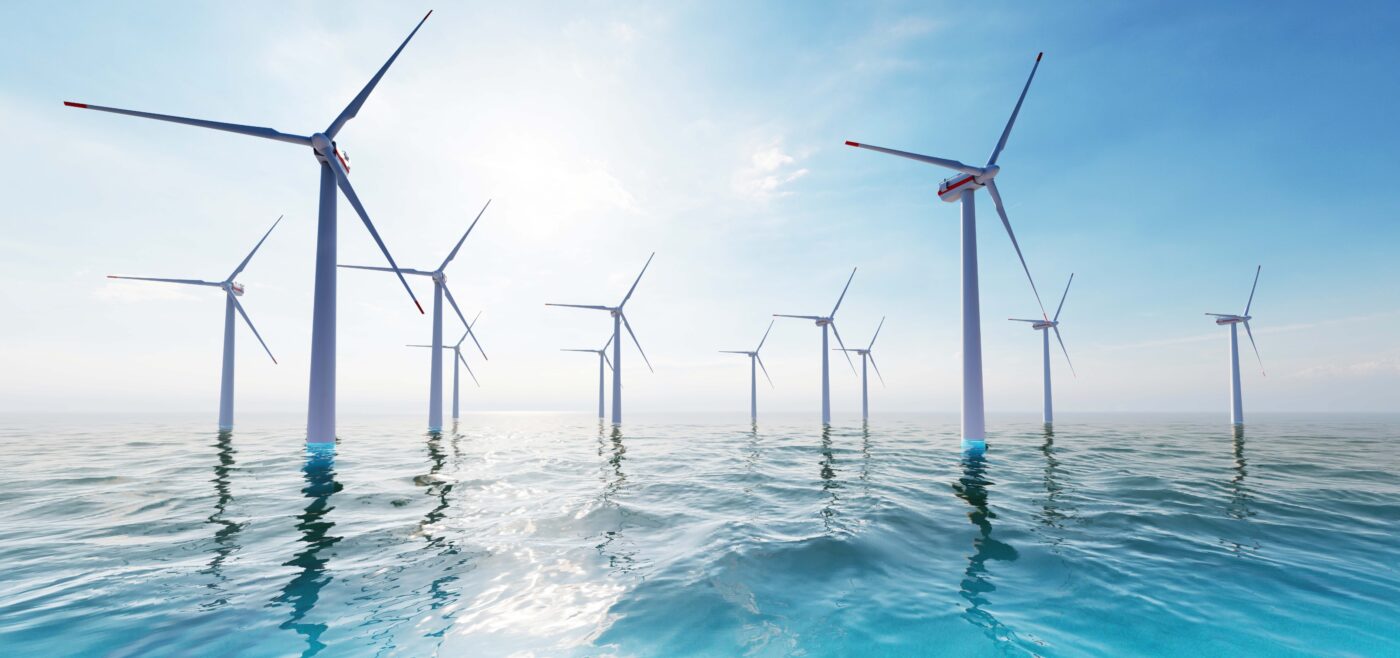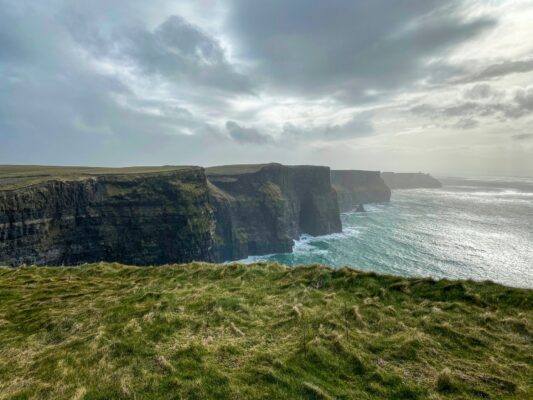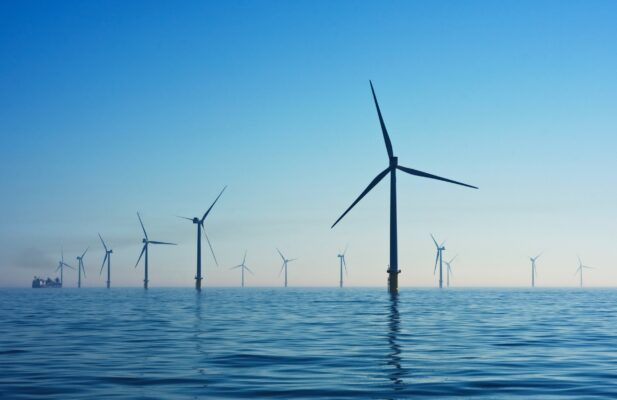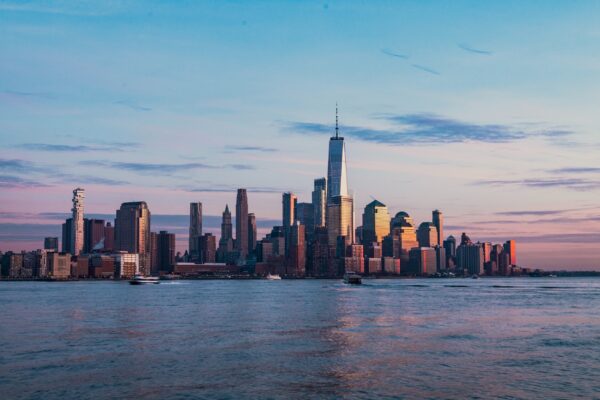As a global leader in renewable energies, Iberdrola is at the forefront of advancing sustainable solutions. With a workforce of 37,000 and assets exceeding €122.5 billion, the company generated a robust €54 billion in revenue in 2022. Notably, one of its key subsidiaries, Iberdrola Renovables, is making significant strides in the Baltic region, particularly in Mecklenburg-Vorpommern, where it is investing billions in offshore wind power. These investments not only create high-skilled construction jobs but also offer long-term employment opportunities.
Near Germany’s Rügen island, Iberdrola is in the process of developing the 476 MW Baltic Eagle offshore wind farm. With an estimated project cost of €1.6 billion, once complete, is expected to offset an impressive 800,000 tons of carbon dioxide emissions each year!
Wind allies
Masdar, the UAE’s leading renewable energy company, has joined forces with Iberdrola to co-invest in the Baltic Eagle offshore wind farm. This strategic collaboration stems from the Energy Security and Industry Accelerator Agreement (ESIA) signed between the UAE and Germany in September 2022. The agreement aims to advance projects in energy security, decarbonization, and climate action. Together, Masdar and Iberdrola will explore additional offshore wind projects in the Baltic Sea, contributing significantly to Europe’s clean energy objectives.
Regulatory green light
Following an exhaustive public consultation and a comprehensive environmental impact assessment, the Federal Maritime and Hydrographic Agency (BSH) approved the Baltic Eagle project, and construction began in 2022. Comprising 50 cutting-edge Vestas turbines, each with a 9.53 MW capacity, the project is a paragon of efficiency and resilience. Designed to endure extreme conditions, the turbines’ towers, nacelles, and rotor blades are engineered for maximum energy output.
Strategically configured in an optimal grid layout, each turbine autonomously adapts its angle based on wind speed and direction, thereby enhancing performance efficiency. The installation will anchor the turbines to monopile foundations at depths ranging from 41 to 45 meters and will feature an unmanned transformer platform. A sophisticated internal cable network will connect these turbines to an offshore transformer.
The installation journey
The offshore substation (OSS), a key hub for electricity conversion and transmission, was successfully installed in February 2023, marking a significant project milestone. This followed the year-long production of 50 critical monopiles at EEW Special Pipe Constructions’ Rostock mega-factory from January 2022 to January 2023. By April 2023, the monopiles began to be loaded out. Dutch company Van Oord has been instrumental in the project, handling both the transportation and installation of the monopile foundations and the inner-park cabling. The project is on track for final completion in Q1 2024 with the upcoming delivery and installation of the wind turbines.



